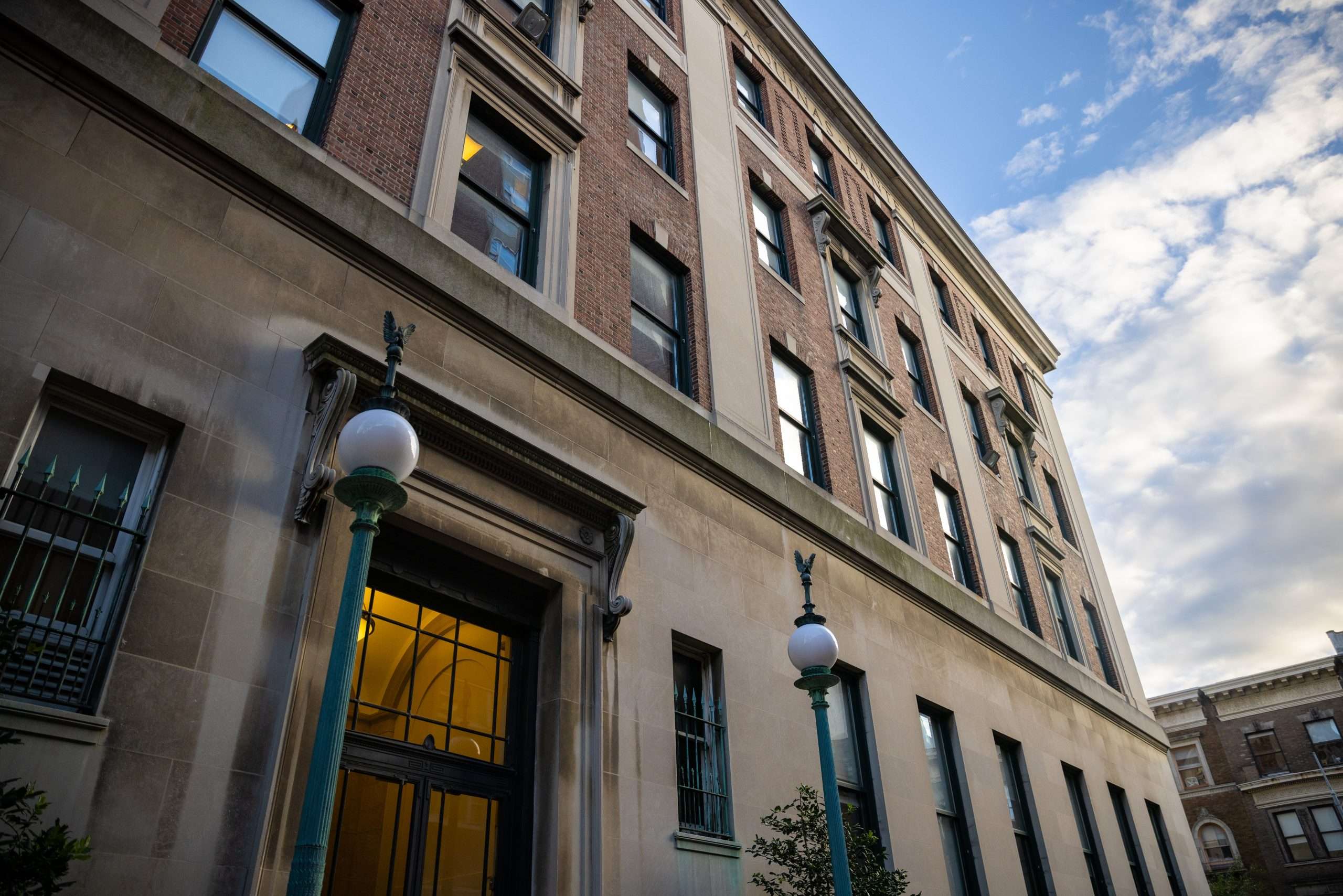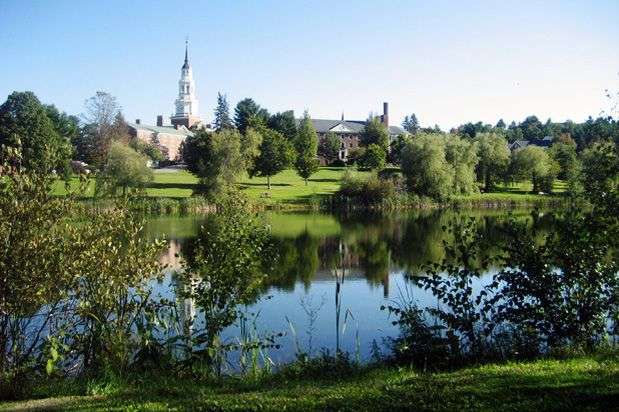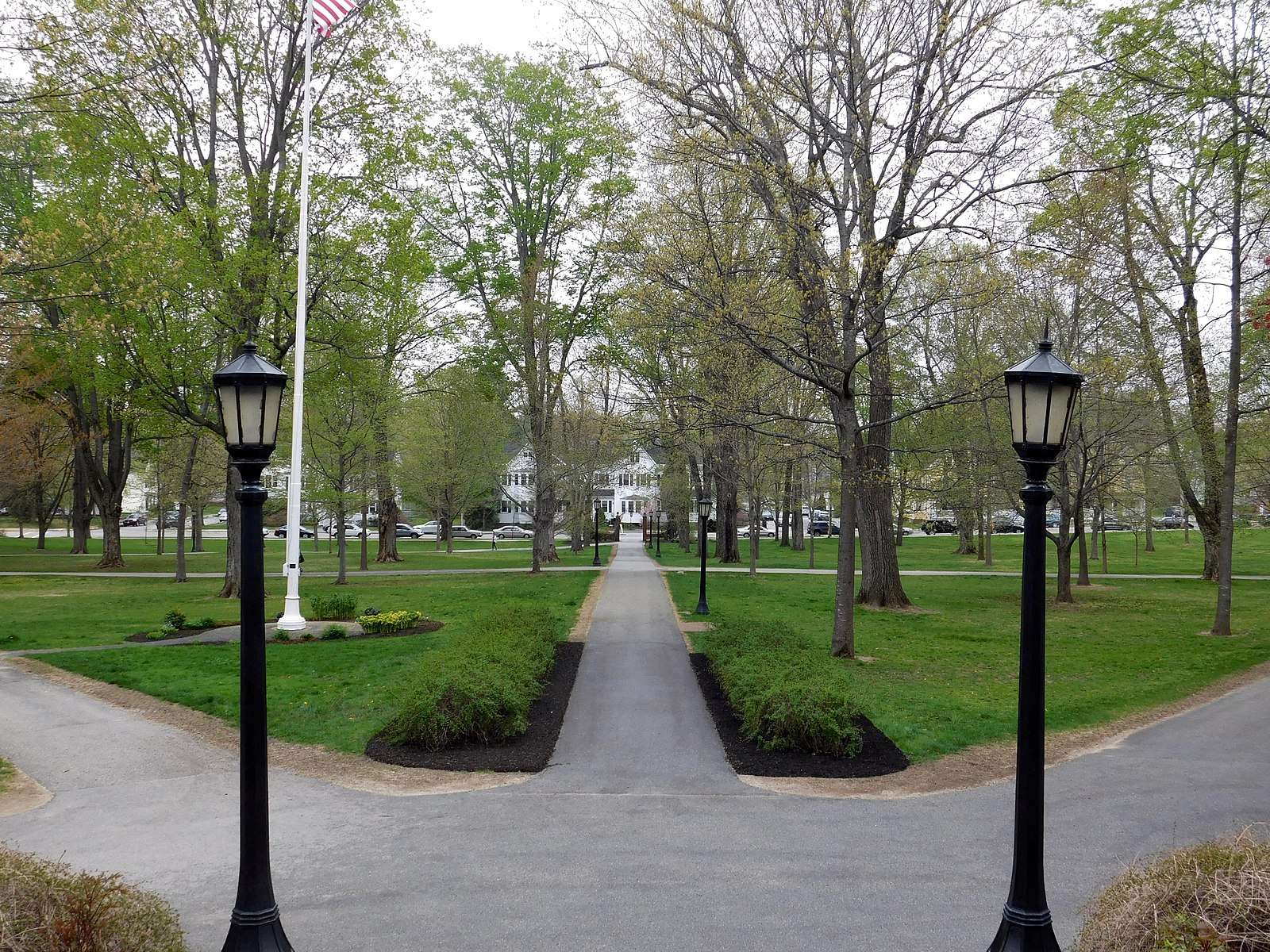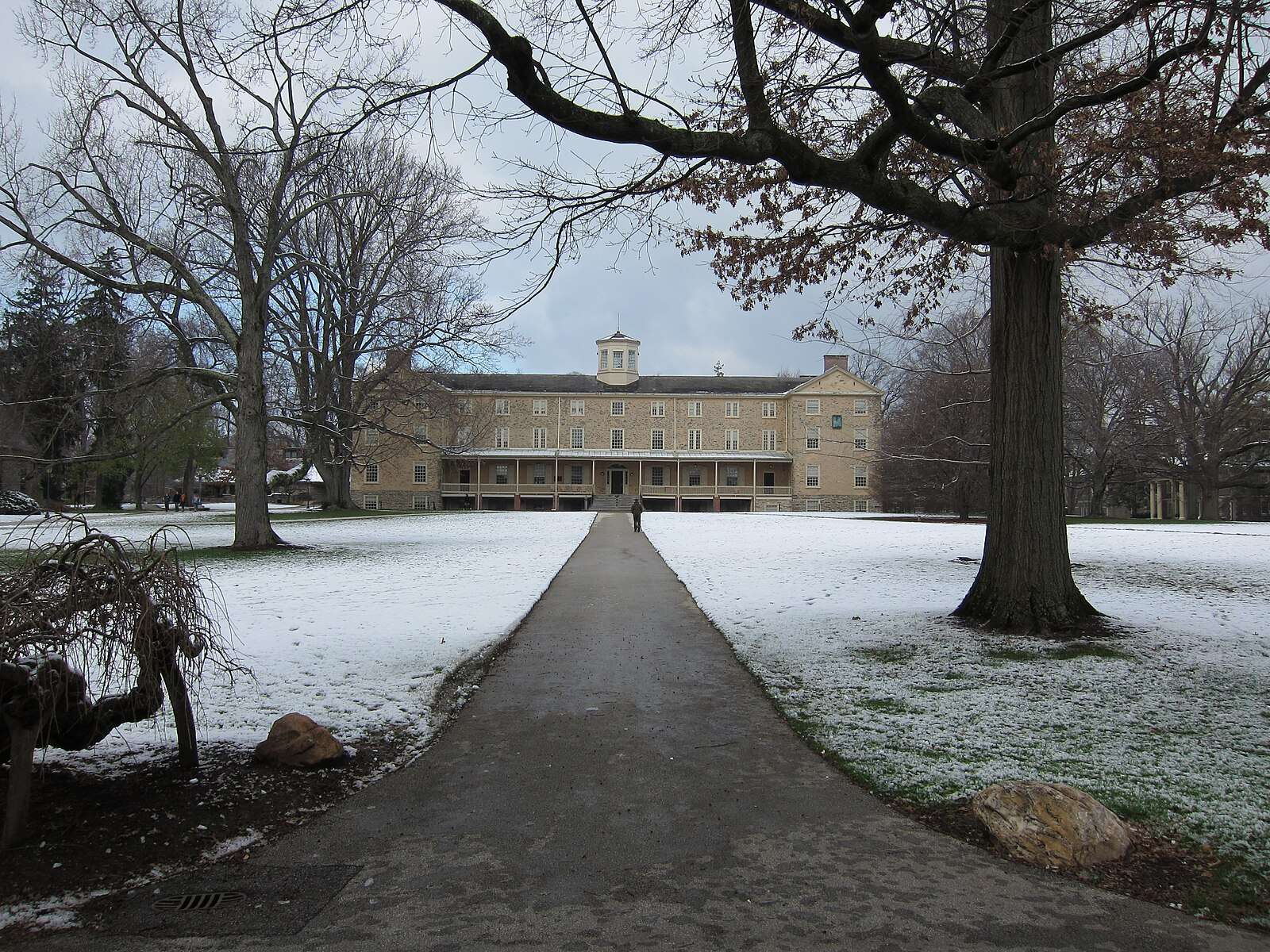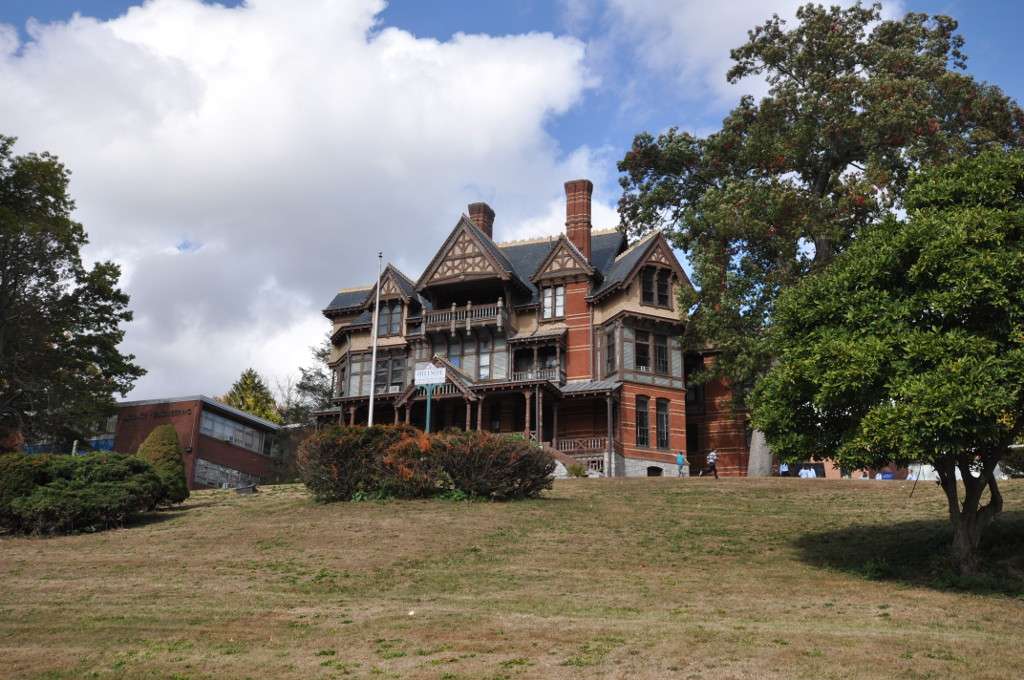The Ivy Coach Daily
Do I Need to Attend a Private School to Get into an Ivy League?
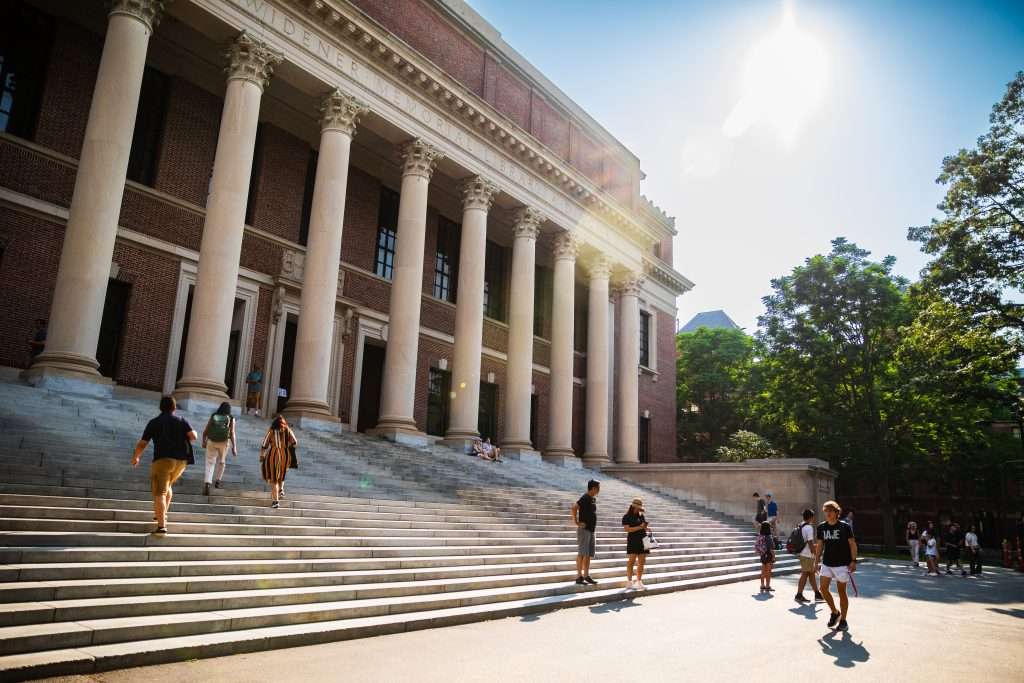
The Ivy League might be a bastion of private higher education, but does this mean that their undergraduate student bodies are typically admitted from private high schools? Not exactly. The data reveals a pan-Ivy breakdown of students admitted from public versus private high schools at a ratio of roughly 3 to 2. This may seem fairly democratic, but it is worth keeping in mind that 91% of students across America are enrolled in public schools, and only 9% are enrolled in private schools, according to Department of Education data. In other words, private school students are still overrepresented across the Ivy League.
Admitted Ivy League Cohorts by High School Type (Public, Private, and Parochial)
| Public School | Private School | Parochial School | |
| Brown University | 58.10% | 32.40% | 9.40% |
| Columbia University | Data Not Published | Data Not Published | Data Not Published |
| Cornell University | 62.10% | 37.90% | N/A |
| Dartmouth College | 55% | 34% | 11% |
| Harvard University | 62.70% | 25.50% | 11.40% |
| Princeton University | 60% | 27% | 12% |
| University of Pennsylvania | Data Not Published | Data Not Published | Data Not Published |
| Yale University | 60% | 40% | N/A |
The number of students at Ivy League schools hailing from public secondary schools ranges from 55% (at Dartmouth College) to 62.7% (at Harvard University). Some might be incredulous that Harvard has the highest public school enrollment, given that it is ostensibly the most prestigious school within the Ivy League, but in fact Harvard has historically led the charge in diversifying student bodies within the Ivy League.
Neither Columbia University nor the University of Pennsylvania publish the data breaking down secondary school types among their student body, which could indicate that these schools are seeking to conceal their relatively low proportion of public school-reared students, but this could also just simply be a statistical oversight.
A Brief History of the Private School to Ivy League Pipeline
At their inception, Ivy Leagues exclusively culled their student bodies from private all-male schools in the northeastern U.S. Until the first half of the twentieth century, only such schools as Groton, Andover, Exeter, and Choate sent their students to Ivy Leagues. The educational values of such schools emphasized the Classics, amateur athleticism, Christian values of masculinity, and noblesse oblige, or a sense of aristocratic obligation. The transition between high school was seamless for those privileged few who were admitted to Ivy League schools, which had the same educational philosophy as their secondary school counterparts.
By the mid-twentieth century, Harvard began to use increasingly meritocratic criteria to evaluate applicants, and we at Ivy Coach have a saying: where Harvard goes, the rest of the Ivies tend to follow! By the 1970s, most of the Ivies had gone coeducational, increased the racial diversity of their ranks, and began to admit more students from public high schools. However, it would not be until the twenty-first century that public high schoolers would outnumber their private school counterparts on campus. And as the data plainly indicates, the average private school applicant is more likely to be admitted than the average public school applicant!
Should Ivy League-Aspiring Applicants Attend Private High Schools?
Not necessarily. Admissions officers do not distinguish between the public versus private status of an applicant’s high school, but rather the competitiveness of these schools and the rigor and relevance of a student’s course load. Many private schools rope students into taking too many non-core subject classes (i.e. subjects that are not English, history, science, math, or foreign language), which water down their academic record. On the other hand, there are plenty of formidable public schools out there that know exactly which courses to enroll students in to ensure peak admissions competitiveness.
Parents considering which high school to enroll their academically ambitious middle schooler in need to evaluate schools on a case by case basis. The local public school could very well outpace the fancy schmancy private school. Parents should research such things as admissions track record, curriculum, and average SAT/ACT scores of graduates, and cross-reference these factors with Ivy League admissions criteria.
The days of snobbish discrimination against public school applicants are, thankfully, behind us. Some families are pleasantly surprised to find that their local public school provides the best (and most affordable) education possible!
You are permitted to use www.ivycoach.com (including the content of the Blog) for your personal, non-commercial use only. You must not copy, download, print, or otherwise distribute the content on our site without the prior written consent of Ivy Coach, Inc.
TOWARD THE CONQUEST OF ADMISSION
If you’re interested in Ivy Coach’s college counseling, fill out our complimentary consultation form and we’ll be in touch.
Get Started